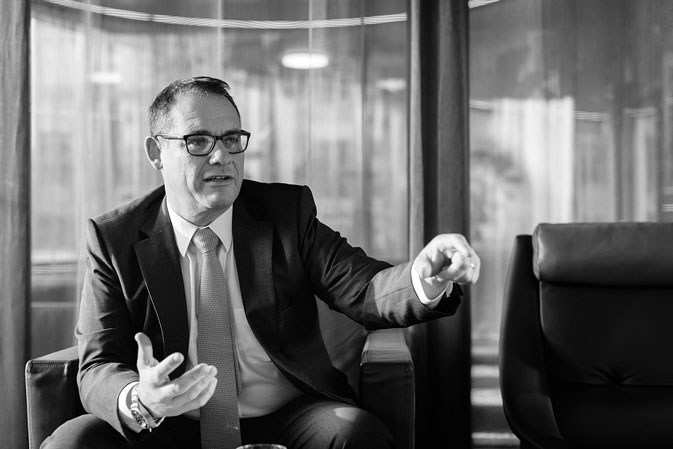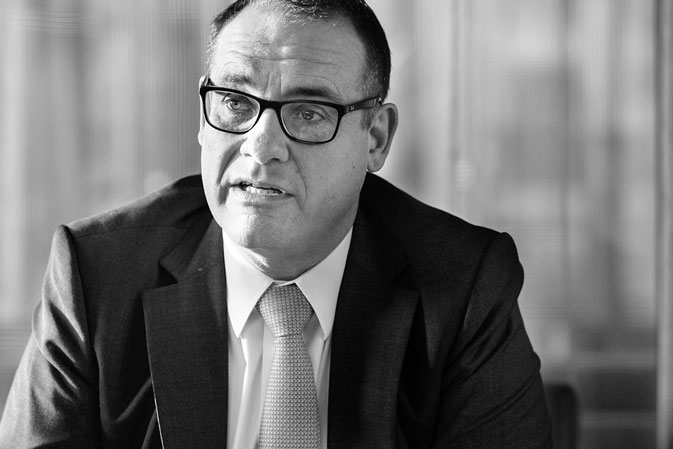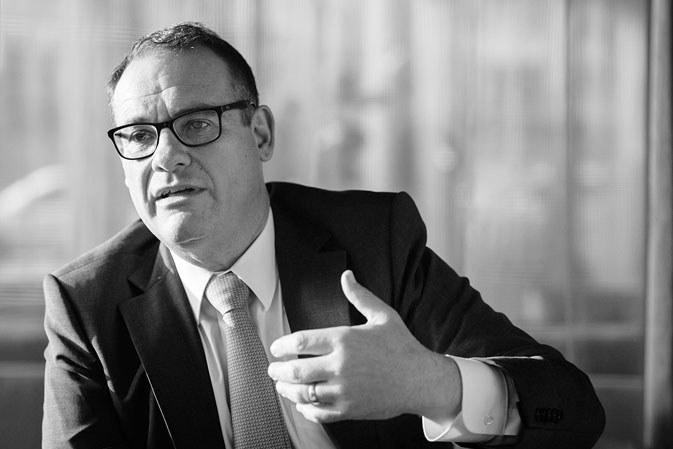echo-interview with Beat Hauenstein, CEO of Oettinger Davidoff AG
elipsLife echo: Mr Hauenstein, Davidoff enjoys a superlative reputation among cigar connoisseurs. Is this the result of first-class marketing or of an exquisite product?
Beat Hauenstein: As with many things in life, it's either the one or the other, but rather a combination of both. Marketing is important to drive the success story of the brand. But at the end of the day, it's not only the story that needs to be compelling but also, and more importantly, the quality of the product.
What distinguishes a really good cigar?
From harvesting to retail (crop-to-shop), all components have to be of the best. As an innovation leader, we attach great importance to using tobacco varieties from different sources, whether from The Dominican Republic, Nicaragua, Honduras or Brazil. This way we're able to surprise our customers with a wide variety of cigars with differing character nuances.
Oettinger Davidoff AG operates globally. What are your most important markets?
Currently, it's the US, the biggest market for cigars worldwide. Switzerland is important for us too, where we've achieved a very high market penetration. We're gaining market share in both these geographies. Spain, Germany and UK also show great market potential, as do some regions in Asia. China, although strongly regulated, has especially great promise.
Your company is committed to a crop-to-shop philosophy. What are the advantages of this approach?
Thanks to this crop-to-shop approach, we're able to control the quality of the seeds and the harvest through to the retail stage. For decades now, Davidoff cigars represent the very highest quality and consistency in respect to flavour profile, regardless of whether the year's been dry, too wet or too hot. The crop-to-shop philosophy means we have all components under control. This way, we're able to ensure cigar oficionados always have a pleasurable experience with our product.



